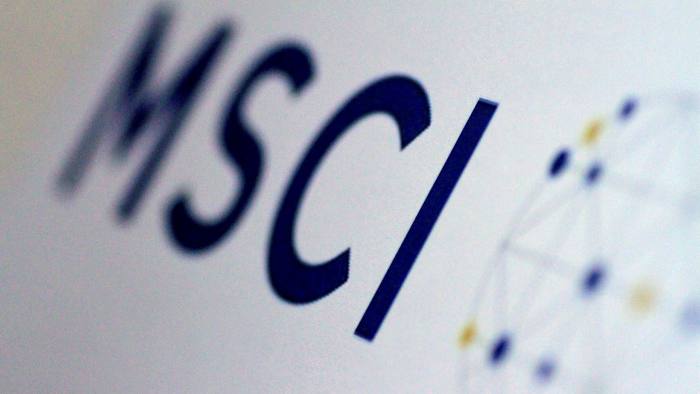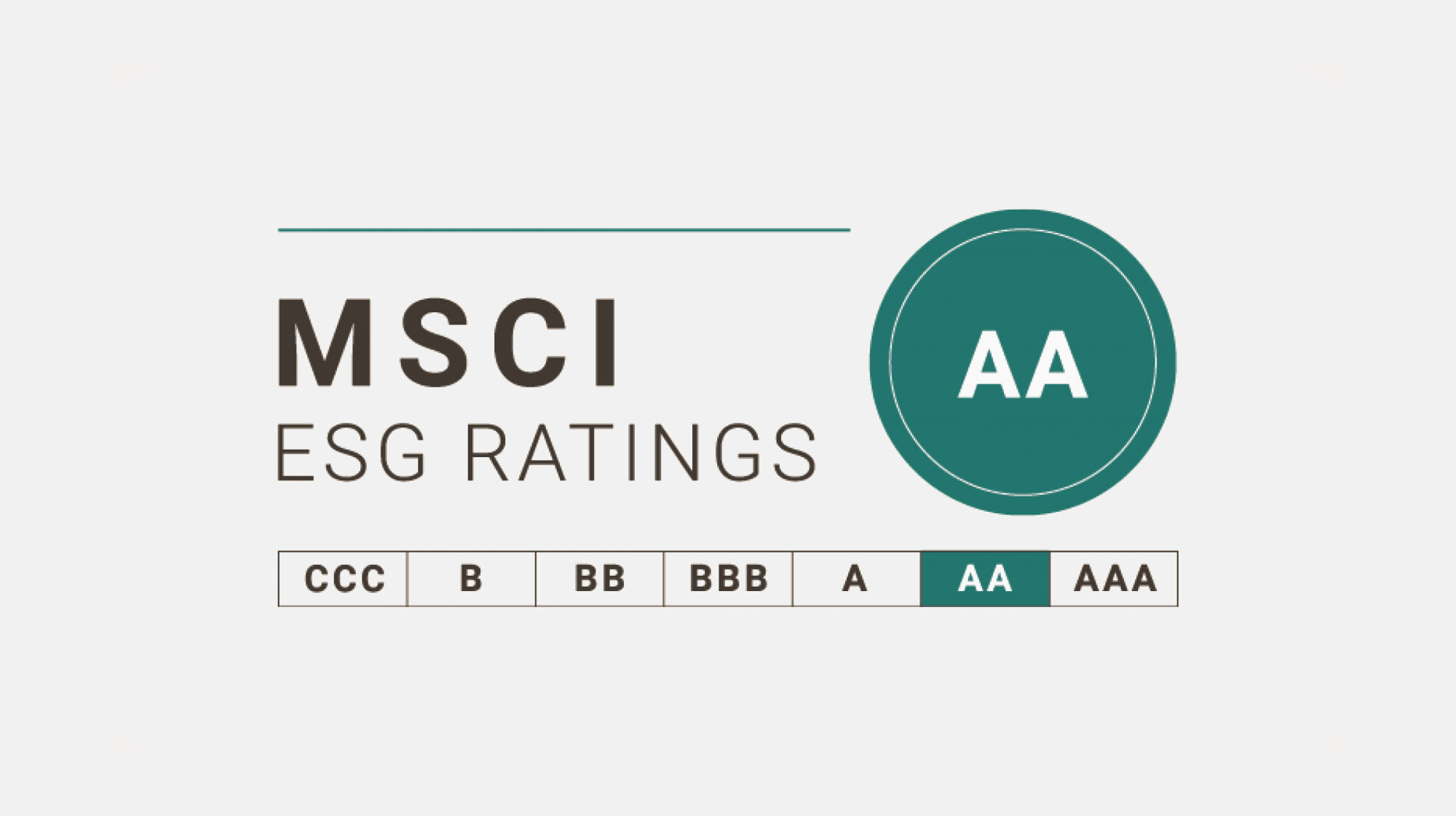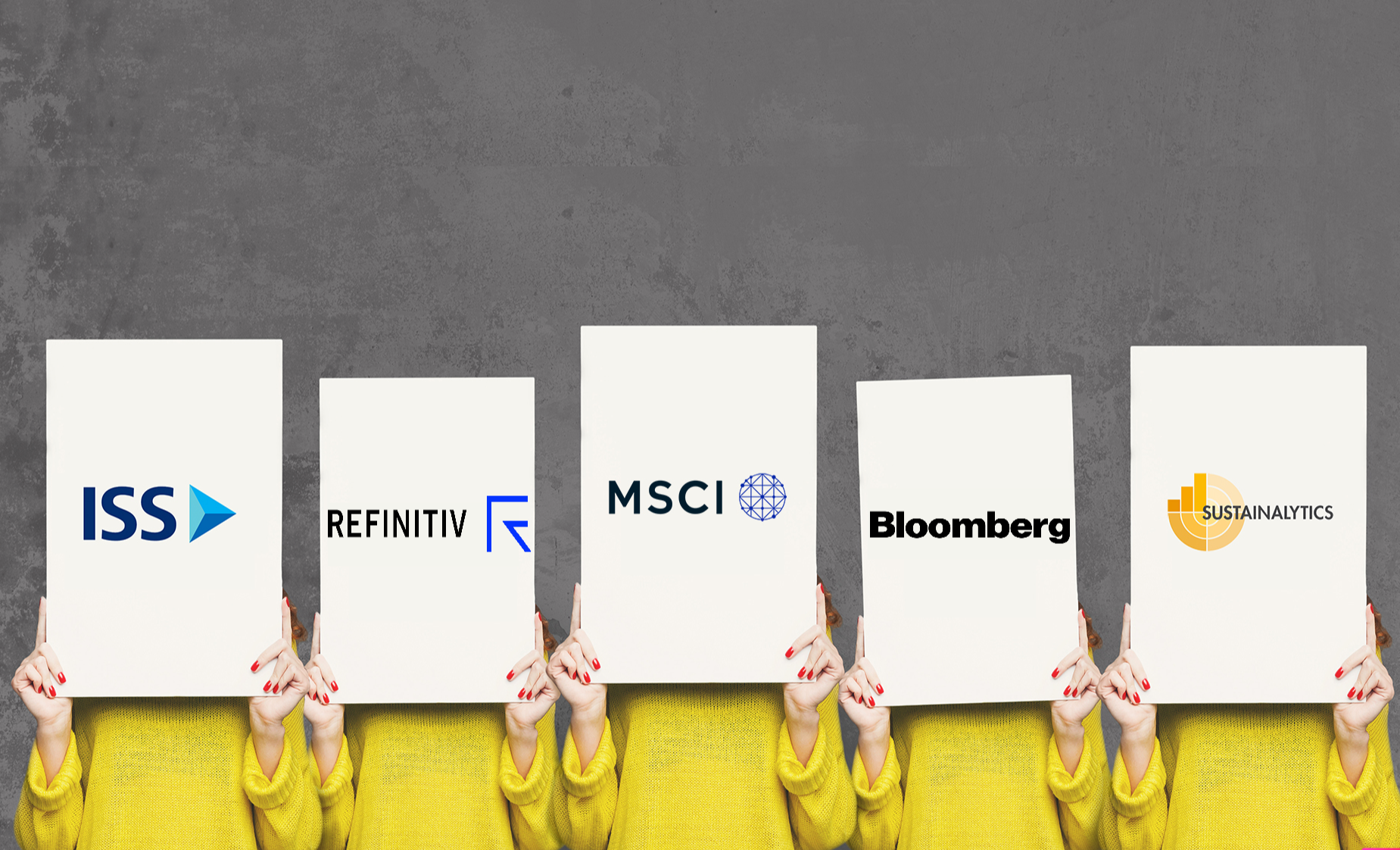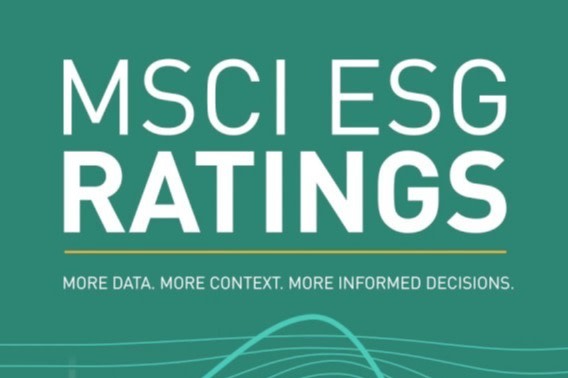Is MSCI owned by Morgan Stanley?
MSCI Inc.

In the realm of finance and investment, the acronyms "MSCI" and "Morgan Stanley" hold significant recognition and respect. MSCI Inc., known as Morgan Stanley Capital International, stands as a global provider of equity, fixed income, hedge fund stock market indexes, and multi-asset portfolio analysis tools. In contrast, Morgan Stanley stands as a leading global financial services firm, offering investment banking, securities, wealth management, and asset management services.
While these two entities possess distinct identities, there has been some confusion surrounding their ownership and relationship. “Is MSCI owned by Morgan Stanley” is one of the top queries.
In this article, we aim to clarify these aspects and shed light on the intertwined history and collaboration between MSCI and Morgan Stanley.
Related: Understanding the MSCI ESG Rating Methodology: A Comprehensive Guide
Is MSCI owned by Morgan Stanley?
In addition to equity, fixed income, and alternative indexes, MSCI, Inc. offers portfolio risk and performance analytics, along with ESG research. Originally established as Capital International in 1969, the company's indexes were later rebranded as the Morgan Stanley Capital International (MSCI) indexes when Morgan Stanley acquired their rights in 1986.
However, Morgan Stanley has not held ownership of MSCI since 2007. In November of that year, Morgan Stanley initiated an initial public offering (IPO) of a minority stake in MSCI, leading to the company's complete delisting from the New York Stock Exchange in 2009. Presently, Morgan Stanley does not possess any shares of MSCI.
Currently, MSCI is a publicly traded company with its largest shareholders being BlackRock (11.5%), The Capital Group Companies (9.8%), and State Street Corporation (7.7%). Headquartered in New York City, MSCI maintains offices in more than 25 countries.
Related: ESG Ratings: A Benchmark For Performance
MSCI's indices are used by a diverse range of investors, including mutual funds, ETFs, hedge funds, and pension funds. These indexes serve as benchmarks for measuring performance and managing risk. In recent years, MSCI has expanded its product offerings to include ESG research and data.
By leveraging the company's ESG indices, investors can identify businesses that prioritise sustainable practices. As a premier provider of indexes and analytics for the global investment community, MSCI equips investors with the tools they need to evaluate performance, mitigate risk, and make well-informed investment decisions.
Follow-up reading: ESG Ratings: A Benchmark For Performance
Additional Background
Additional details about the history of MSCI and Morgan Stanley:
In 1968, Capital International published indexes covering the global stock market for non-U.S. markets.
In 1986, Morgan Stanley licensed the rights to the indexes from Capital International and branded the indexes as the Morgan Stanley Capital International (MSCI) indexes.
In 2004, MSCI acquired Barra, Inc., a provider of risk analytics.
In 2007, Morgan Stanley initiated an IPO of a minority stake in MSCI.
In 2009, MSCI was fully delisted from the New York Stock Exchange.
Featured: Majority Of MSCI Funds To Lose ESG Ratings
Origins and Founding of MSCI
MSCI was indeed established as a subsidiary of Morgan Stanley, founded by its former chairman, Henry Fernandez. Its primary objective was to develop indices for measuring and benchmarking performance. The vision behind MSCI was to equip investors and fund managers with comprehensive tools for assessing global investment portfolios and assets. By providing a global scale for performance evaluation, MSCI aimed to enhance decision-making in the financial world.
Ownership Structure
While MSCI was initially a subsidiary of Morgan Stanley, the relationship between the two entities has evolved over the years. In 2007, MSCI became an independent publicly-traded company following an initial public offering (IPO). This strategic move allowed MSCI to operate autonomously and broaden its services to a wider range of clients. Consequently, MSCI's ownership transitioned from being solely held by Morgan Stanley to being dispersed among various shareholders as publicly-traded shares.
Morgan Stanley's Ownership Stake
Following MSCI's IPO, Morgan Stanley maintained a significant ownership stake in the company. However, the exact percentage of ownership has fluctuated over time due to changes in share prices and trading activity. Morgan Stanley continued to maintain a vested interest in MSCI's success, given their historical ties and the value that MSCI's indices brought to the investment community.
Featured: Top 5 ESG Investment Trends in 2023
Collaboration and Services
MSCI now maintains a collaborative relationship with Morgan Stanley. MSCI's indices are widely used by investors, fund managers, and institutions worldwide to benchmark and analyse investment portfolios across various asset classes such as equities, fixed income, and real estate.
In turn, Morgan Stanley leverages MSCI's indices and research to enhance its investment strategies and provide valuable insights to clients. These indices serve as a crucial reference point for portfolio managers in assessing market trends, constructing portfolios, and making informed investment decisions.
Investors, fund managers, and financial professionals worldwide rely on MSCI's indices and analytics to navigate the complexities of the global financial markets. As MSCI and Morgan Stanley evolve and adapt to changing market dynamics, their intertwined legacy and collaborative efforts shape the approach to portfolio management, investment analysis and performance evaluation.
Featured: What Are Anti-ESG Funds and Why Should We Care?
MSCI's Role in the Financial Industry
MSCI Inc. plays a crucial role in the global financial industry by providing an extensive range of products and services that empower investment professionals to make well-informed decisions. The company is widely recognised for its MSCI Equity Indices, which serve as benchmarks for measuring investment performance and constructing investment portfolios, making them indispensable to asset managers, pension funds, and other institutional investors. These indices encompass various segments of the global equity markets, including regional, country, and sector indices.investment objectives.
Moreover, MSCI offers a comprehensive suite of risk management and portfolio analytics tools that enable investors to assess and manage their investment portfolios effectively. These services are instrumental in optimising asset allocation, mitigating risk exposure, and achieving optimal investment outcomes.
Read: What is the effect of ESG rating changes on stock returns?
The Evolving Relationship with ESG
In recent years, MSCI has broadened its focus beyond traditional financial metrics to encompass ESG factors in its investment analytics and indices. ESG criteria pertain to the environmental, social, and governance factors that investors take into account when assessing the sustainability and ethical impact of their investments.
By incorporating ESG criteria into its offerings, MSCI is aligning itself with the growing recognition of the significance of sustainability and responsible investing. Investors are increasingly seeking ways to integrate ESG considerations into their decision-making processes, addressing environmental and social challenges while striving for financial returns.
MSCI's ESG solutions enable investors to:
Early Integration: Since the early 2000s, MSCI has been integrating ESG data into its research and analytics, signifying its dedication to comprehending and quantifying ESG risks and opportunities. As global consciousness of ESG issues grew, MSCI's range of ESG offerings expanded accordingly.
ESG Indices: MSCI introduced its inaugural ESG indices in the mid-2000s, offering investors benchmarks that aligned with their sustainability objectives. These indices provided a means to monitor the performance of companies that excel in ESG practices, thus fostering the wider acceptance of responsible investing.
Acquisitions and Partnerships: MSCI's commitment to integrating ESG principles drove strategic acquisitions and partnerships with companies focused on ESG. These initiatives strengthened its ESG capabilities and expanded the array of ESG solutions available to its clients.
ESG Ratings Enhancement: Over the years, MSCI has continuously enhanced its ESG ratings methodology to offer investors more precise and enlightening evaluations of companies' ESG performance. This enhancement in the quality of ESG ratings has played a vital role for investors who strive to make well-informed decisions regarding ESG factors.
Compare and assess global company ESG ratings here.
Controversies Surrounding ESG and MSCI
While MSCI has made notable contributions to the advancement of ESG integration, the ESG landscape is not devoid of controversies and challenges.
Data Quality and Consistency: The quality and consistency of ESG data can differ significantly among various providers. Detractors contend that inconsistencies in ESG ratings may result in confusion and ill-informed investment choices. MSCI, along with other ESG data providers, faces scrutiny regarding the precision and comprehensiveness of its ESG data.
Greenwashing Concerns: Greenwashing is the act of companies overstating or distorting their ESG initiatives to falsely portray themselves as more environmentally and socially responsible than they truly are. To distinguish authentic sustainability pioneers from those engaging in greenwashing, investors depend on ESG data providers such as MSCI.
Ethical Dilemmas: ESG investing can give rise to ethical dilemmas, especially when it comes to discerning the suitability of companies for ESG-focused portfolios. Certain investors may ponder the ethics of investing in companies with a track record of poor ESG performance, even if they are striving to make amends.
Regulatory Challenges: The ESG sector is influenced by dynamic regulations and standards. MSCI and other ESG data providers face the challenge of navigating a complex reporting landscape and ensuring adherence to emerging guidelines. Modifications in regulatory frameworks can have implications on the collection and evaluation of ESG data.
MSCI's Response to Controversies
MSCI has been proactive in addressing these controversies and challenges:
Data Transparency: MSCI has implemented measures to improve the transparency of its ESG ratings methodology, facilitating investors' comprehension of how ESG scores are determined. This increased transparency empowers investors to evaluate the credibility of the data with greater confidence.
Greenwashing Detection: MSCI consistently enhances its techniques to identify greenwashing. With thorough examination of company disclosures, news, and various information sources, MSCI strives to deliver more precise evaluations of a company's ESG performance.
Ethical Considerations: MSCI's ESG indices frequently encompass companies that may have previously faced ESG challenges but are actively striving to enhance their practices. This incorporation exemplifies a nuanced strategy that empowers investors to actively engage with companies and drive positive transformation.
Adaptation to Regulation: MSCI diligently monitors regulatory advancements and adjusts its ESG data gathering and reporting procedures to harmonise with evolving standards. Upholding compliance with regulations guarantees the continued relevance and credibility of MSCI's ESG offerings.
Related: More Data, More Transparency: Why Are ESG Ratings important?
Influence and Future Prospects for MSCI and Morgan Stanley
MSCI's journey from subsidiary to industry leader underscores its influence on the global financial ecosystem. The indices it provides have become integral to investment decision-making, driving a paradigm shift in portfolio construction and risk assessment in emerging markets. Likewise, Morgan Stanley's ongoing collaboration showcases its adaptability and commitment to innovation.
Looking ahead, MSCI's and Morgan Stanley's trajectories remain intertwined. As MSCI continues to refine its indices and analytics, Morgan Stanley is likely to leverage these advancements to offer cutting-edge investment strategies and insights. The dynamic partnership between these entities stands as a testament to the evolution of finance through collaboration and innovation.
Takeaway
The relationship between MSCI and Morgan Stanley transcends its origins as a subsidiary. While MSCI's IPO marked its emergence as an independent entity, the bond forged during its formative years with Morgan Stanley remains integral to its identity. Their collaboration continues to thrive, enabling both entities to navigate the complexities of the financial landscape with finesse.
The legacy of this relationship is one of shared commitment, innovation, and a mutual drive to shape the future of global economy and finance. KnowESG lists published ESG ratings, via MSCI, Refinitiv, and Sustainalytics, on a huge range of global companies. Bookmark the list for reference here.






